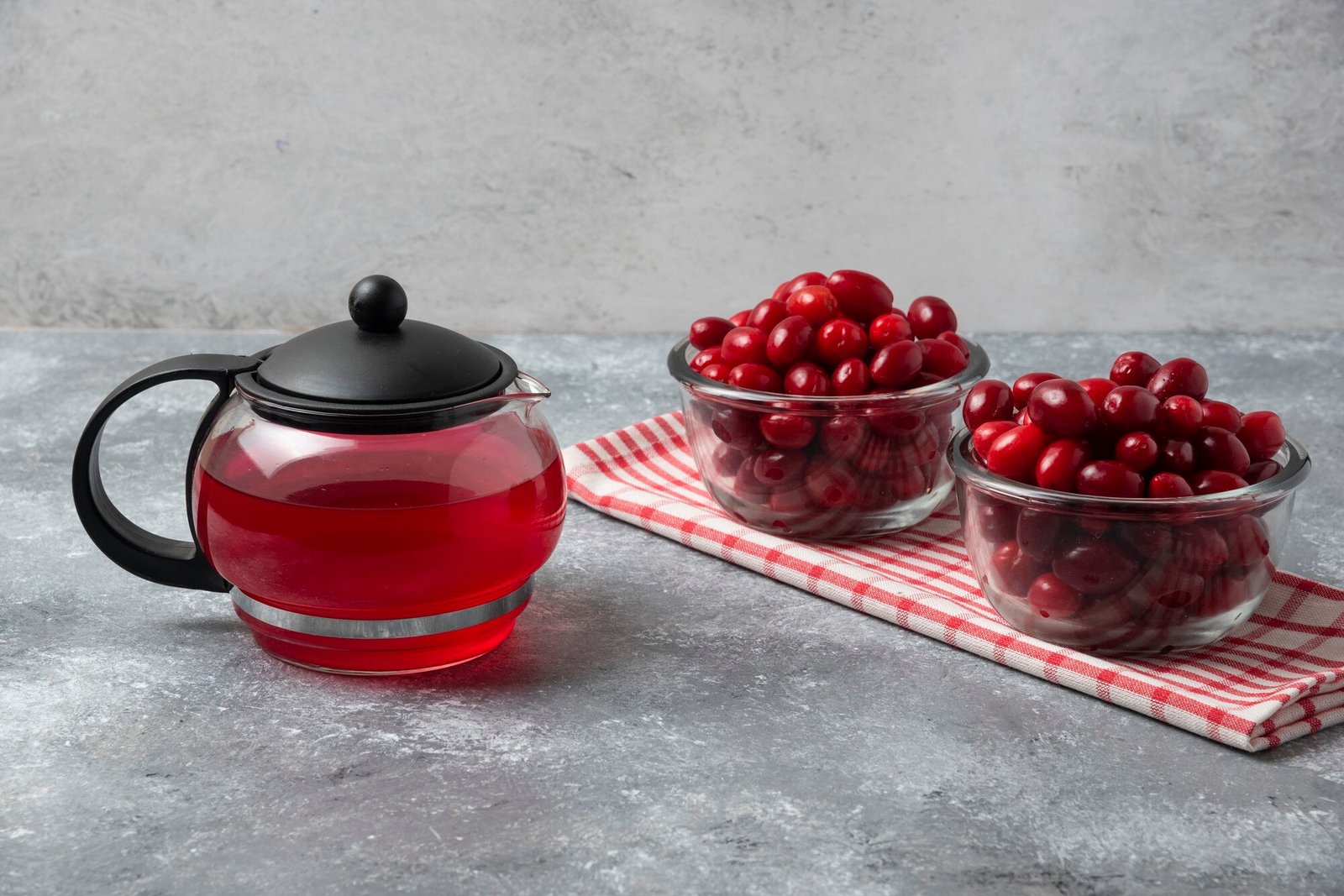Recovering from a tooth extraction involves careful attention to what you eat and drink. Cranberry juice, known for its tart taste and health benefits, may seem like a harmless option. But is it safe after tooth extraction? The short answer: it depends on when and how you consume it.
Let’s break everything you need to know about drinking cranberry juice after tooth extraction, from the risks to the benefits and how to safely include it in your recovery.
What Happens Right After a Tooth Extraction?
Tooth extraction is a delicate process that leaves an open wound in your gums. The first 24-48 hours are crucial for healing. During this time, a blood clot forms in the socket to protect the bone and nerves underneath. Disturbing this clot can lead to a painful condition called dry socket.
This is why post-extraction care is so important. Your choice of food and drink can make or break your recovery. Acidic, sugary, or very hot or cold beverages, including cranberry juice, can potentially irritate the extraction site or disrupt healing.
Can You Drink Cranberry Juice Immediately After Tooth Extraction?
No, cranberry juice is not recommended right after tooth extraction. Here’s why:
Acidity Issues
Cranberry juice is naturally acidic, and this acidity can irritate the sensitive extraction site. It may also disrupt the blood clot that forms in the socket, increasing the risk of dry socket.
High Sugar Content
Even pure cranberry juice contains natural sugars. These sugars can promote bacterial growth in the mouth, which is already vulnerable during healing. Sugary cranberry cocktails are even worse because of their added sweeteners.
Temperature Sensitivity
If the juice is too hot or too cold, it can aggravate the extraction site, leading to discomfort or delayed healing.
When Can Cranberry Juice Be Safely Consumed After Tooth Extraction?
It’s best to avoid cranberry juice entirely during the first 48 hours after your extraction. Once this period passes and the initial healing progresses, you can introduce cranberry juice cautiously. Here’s what to consider:
Dilution is Key
Start with diluted cranberry juice to reduce its acidity. Mix one part cranberry juice with two parts water.
Room-Temperature Only
Avoid hot or cold drinks, as extreme temperatures can irritate the healing area.
Monitor Your Mouth
If the juice causes sensitivity or discomfort, stop drinking it and wait a few more days before trying again.
Benefits of Cranberry Juice During the Recovery Phase
While it’s not safe immediately after extraction, cranberry juice can offer some benefits later in the recovery process if consumed wisely:
Natural Antibacterial Properties
Cranberries are known for their ability to reduce harmful bacteria. This can help keep your mouth cleaner during the later stages of healing.
Rich in Vitamin C
Vitamin C plays a key role in tissue repair and boosting immunity, both of which are important for healing after an extraction.
Hydration Support
Staying hydrated is essential for recovery, and cranberry juice can be a hydrating option when diluted.
To explore more about how cranberry juice supports health in various scenarios, check out Cranberry Juice and Its Impact During Pregnancy.
How to Safely Drink Cranberry Juice Post-Extraction
When you’re ready to introduce cranberry juice into your diet after a tooth extraction, follow these precautions:
Dilute the Juice
Reducing the acidity by diluting cranberry juice with water makes it gentler on your healing mouth.
Use Pure, Unsweetened Juice
Avoid cranberry cocktails with added sugars. Look for 100% pure cranberry juice to minimize sugar intake and maximize benefits.
Drink in Small Amounts
Stick to a small serving (about half a cup) to prevent overwhelming the sensitive area.
Rinse Your Mouth Afterward
After drinking cranberry juice, rinse your mouth with warm salt water to remove any residual sugar or acidity.
Alternatives to Cranberry Juice After Tooth Extraction
If cranberry juice isn’t a good fit during your recovery, there are plenty of other options that are safe and supportive:
Water
Plain water is the best way to stay hydrated and promote healing.
Herbal Teas
Chamomile or peppermint tea can soothe the mouth without causing irritation.
Smoothies
Blend soft, non-acidic fruits like bananas with yogurt for a nutritious and gentle drink.
For more on when and how cranberry juice may not be the best choice for certain individuals, check out Can Babies Drink Cranberry Juice?.
Foods and Drinks to Avoid After Tooth Extraction
To ensure smooth healing, it’s just as important to know what to avoid:
Carbonated Drinks
The fizz can irritate the extraction site.
Citrus Juices
Orange and grapefruit juices are highly acidic and can slow healing.
Alcohol
Alcohol interferes with clot formation and may delay recovery.
Why the Timing of Cranberry Juice Matters
Drinking cranberry juice at the right time in your healing process is crucial. Introducing it too early can disrupt healing, but adding it later, when your mouth has recovered enough, can provide helpful nutrients and hydration. This balance is key to using cranberry juice as a supportive recovery drink.
To learn more about how cranberry juice fits into other wellness myths and benefits, explore Cranberry Juice Myths and Detox Claims.
Final Thoughts: Can You Drink Cranberry Juice After Tooth Extraction?
Cranberry juice can be a supportive drink during recovery, but timing and preparation matter. Avoid it entirely in the first 48 hours. After that, if you choose to drink it, dilute it, keep it at room temperature, and opt for pure, unsweetened juice. Post-extraction care is about making thoughtful choices to promote healing, and cranberry juice, when consumed correctly, can be part of that process.
By following these guidelines, you can enjoy cranberry juice without compromising your recovery. Always consult your dentist for personalized advice tailored to your needs.
FAQs About Cranberry Juice After Tooth Extraction
Can I drink cranberry juice on the day of my extraction?
No, cranberry juice should be avoided on the day of extraction due to its acidity and sugar content.
How soon can I have cranberry juice after extraction?
It’s best to wait at least 48 hours and start with diluted juice.
What if cranberry juice irritates my mouth?
Stop drinking it and consult your dentist if irritation persists.
Are there better drinks for recovery?
Water, herbal teas, and non-acidic smoothies are excellent alternatives.









